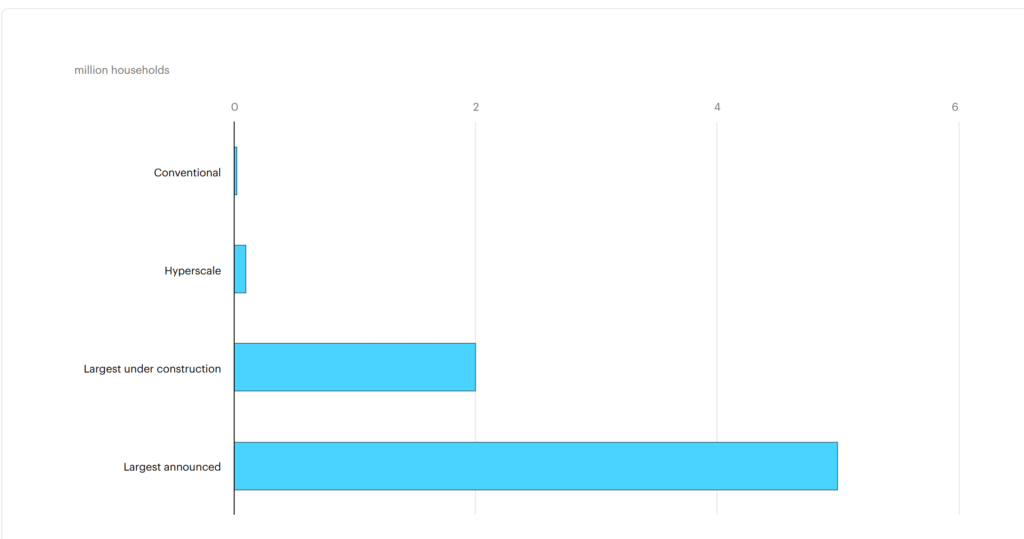As artificial intelligence (AI) technologies become more integrated into everyday life, the use of personal data in AI models has raised critical questions about privacy and data protection. Laws such as the General Data Protection Regulation (GDPR) in Europe and the California Consumer Privacy Act (CCPA) in the United States are shaping the development of AI models, prompting companies to rethink how they handle user data and comply with privacy regulations. This shift is pushing organizations to adopt a “privacy by design” approach, embedding privacy considerations into AI systems from the ground up.
The Growing Role of AI in Handling Personal Data
AI technologies often rely on vast amounts of data to train models and improve their accuracy. From machine learning algorithms used in personalized marketing to facial recognition systems in security, AI’s ability to process personal data at an unprecedented scale has both benefits and risks. While AI enables companies to gain insights, automate processes, and enhance user experiences, it also raises concerns about data security and privacy infringement.
The increasing demand for AI-driven solutions in sectors like healthcare, finance, and retail means that companies are collecting more personal data than ever before. This heightened data collection has placed AI development in the spotlight of regulators concerned with safeguarding individual privacy rights.
How GDPR and CCPA are Shaping AI Development
The GDPR and CCPA are among the most comprehensive data protection laws currently influencing AI development. These regulations impose strict requirements on how companies collect, store, and use personal data, directly affecting AI model creation.
- Data Minimization and Purpose Limitation: Under GDPR, organizations must collect only the data that is necessary for specific purposes and ensure that personal data is not processed beyond what is required for those purposes. AI developers must carefully design models to comply with this principle by minimizing the data they collect and ensuring transparency about how that data will be used.
- Right to Be Forgotten: Both GDPR and CCPA grant individuals the right to request that their data be deleted. AI models that rely on personal data must be designed to accommodate this right, which can be technically challenging when data has already been used in training complex models. Companies must implement solutions that allow for the removal of data without compromising model performance.
- Data Transparency and Consent: AI-driven services must now incorporate clear mechanisms for obtaining user consent before collecting and processing personal data. Under GDPR, consent must be freely given, specific, and informed. This has led companies to revise their data collection practices to ensure users understand how their data will be used in AI systems.
- Data Security and Accountability: Privacy laws emphasize the importance of safeguarding personal data through robust security measures. For AI companies, this means integrating strong encryption, anonymization techniques, and data access controls into their models. Additionally, organizations must be able to demonstrate compliance with privacy regulations, maintaining clear records of how data is processed and protected within AI systems.
Privacy by Design: A New Standard for AI Development
The evolving regulatory landscape is driving companies to adopt the principle of “privacy by design,” which involves embedding privacy considerations directly into the development lifecycle of AI systems. Rather than treating privacy as an afterthought, organizations are now required to proactively design AI models that prioritize user privacy and minimize the risk of data breaches or misuse.
Key Elements of Privacy by Design:
- Data Anonymization: Anonymizing personal data before it is used in AI models can help reduce the risks associated with data processing while still allowing AI systems to function effectively. Techniques like differential privacy are being used to mask individual identities while preserving the overall utility of the data.
- Bias and Fairness Audits: In addition to data protection, privacy by design requires companies to audit AI models for bias and fairness. Ensuring that models do not unfairly discriminate based on personal attributes such as gender, race, or age is becoming a key component of responsible AI development.
- User Control and Transparency: Giving users greater control over their data is central to privacy by design. This means offering clear, user-friendly tools for managing data consent, accessing personal information, and requesting deletion.
Challenges and Opportunities for AI Companies
For companies developing AI technologies, navigating the complex web of privacy laws can be a challenge. Complying with GDPR, CCPA, and other regulations requires not only a thorough understanding of legal requirements but also significant changes to existing AI development processes. Companies must invest in new technologies and data management practices to ensure compliance, which can increase costs and slow down innovation.
However, these challenges also present opportunities for companies to differentiate themselves in the market by offering privacy-friendly AI solutions. Businesses that demonstrate a commitment to protecting user privacy and adhering to data protection laws can gain consumer trust and build a competitive edge. In an era where data privacy concerns are at the forefront of public discourse, privacy by design has the potential to become a selling point for AI products.
The intersection of AI and privacy laws like GDPR and CCPA is reshaping the landscape of AI development. As companies continue to harness the power of AI, they must navigate increasingly stringent privacy regulations and adopt privacy-first approaches to data processing. By integrating privacy by design into their AI models, organizations can not only comply with legal requirements but also create more ethical and responsible AI systems that respect user rights.
As AI continues to evolve, the conversation around privacy and data protection will remain a critical focus for both regulators and developers. The future of AI lies in the balance between innovation and privacy, and those who can successfully navigate this challenge will be well-positioned for long-term success.




